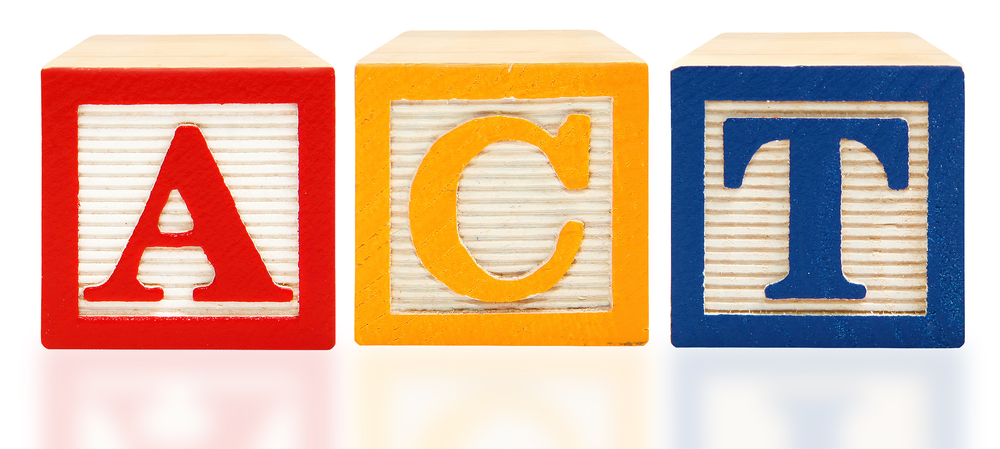As I’ve mentioned elsewhere on this site, I’m often a tutor of last resort. That is, people find their way to me after they’ve exhausted other test-prep options (self-study, online program, private tutor) and still find themselves short of their goals. Sometimes very, very far short of their goals. When people come to me very late in the process, e.g. late spring of junior year or the summer before senior year, there’s unfortunately a limited amount that I can do. Most of it is triage at that point: finding and focusing on a handful of areas in which improvement is most likely.
Not coincidentally, many of the students in this situation who find their way to me have been cracking their heads against the SAT for months, sometimes even a year or more. Often, they’re strong math and science students whose reading and writing scores lag significantly behind their math scores, even after very substantial amounts of prep and multiple tests. They’re motivated, diligent workers, but the verbal is absolutely killing them. Basically, they’re fabulous candidates for the ACT.
When I mention the ACT to them, however, they’re usually a little surprised. First, the SAT is the default option — it’s just what high school juniors in their town do, and have always done. No one has even mentioned the ACT to them. And on the off chance that they do know something about it, they’re suspicious that colleges won’t really weigh it the same as they would the SAT. (Usually they start to reconsider when I tell them about my ACT student who was admitted to Harvard.) Second, the SAT has dominated their lives for months. Switching tests at this point seems like giving up, or at least having to start all over again. No one wants to feel like all the work they put in was a waste, even if it didn’t actually get them what they wanted.
Now, to be clear: I am not implying that the ACT is a quick fix, nor am I implying that it is the right test for everyone. I am, however, suggesting that a certain percentage of students (1/3 or so, in my experience) will naturally do better on the ACT than on the current SAT. (Of the rest, about 1/3 will score better on the SAT, and the remaining 1/3 will do about the same on both). That said, I’ve witnessed more than one student struggle with the SAT for months and see only modest improvements, then switch to the ACT and end up with perfect or near-perfect scores in only a few months.
After that happened to me for the third or so time, I started insisting that everyone who didn’t have a clear, compelling reason for taking the SAT start off by taking a full practice SAT and a full practice ACT. If they absolutely can’t stand — or, less frequently, absolutely love — one of the tests, they don’t have to finish it because, well, that’s their answer right there. But if they’re in the middle zone, they can weigh the pros and cons of each and at least know that they’re making an informed decision rather than jumping to look for a quick fix when they hit a wall a few months down the line. (By the way, I’m writing this about the move from SAT to ACT rather than ACT to SAT because, in my experience, people applying to competitive colleges who start out focusing on the ACT tend to have good reasons for doing so.)
So, if you are just starting the test-prep process, or are the parent of a student just starting the test-prep process, please, please do not simply assume that you or your child should automatically take the SAT simply because it’s the default option. It doesn’t matter if the guidance counselor has never mentioned the ACT. It doesn’t matter if everyone in your town/school is taking the SAT. It doesn’t even matter if your tutor hasn’t suggested it — tutors tend to recommend what they feel most comfortable tutoring, and tutors who know the SAT better than the ACT tend to recommend the SAT. Unless you are absolutely rocking the SAT, print out an ACT and see how you do.
And yes, it stinks to have to take not one but two diagnostic tests, but the payoff can be huge, in terms of time, stress, and results.
